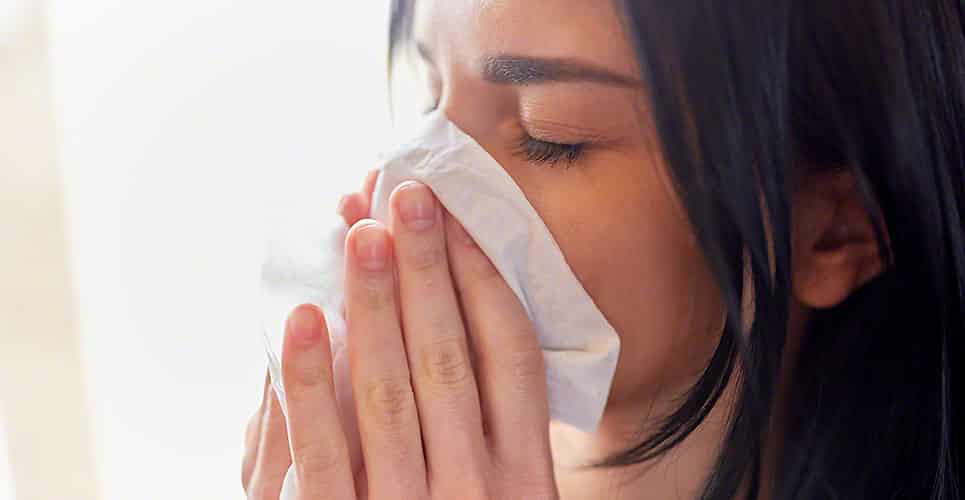A food allergy is the body’s abnormal reaction to certain foods causing itching in the mouth, swelling of the throat, hives, wheezing, rash, eczema, nausea, vomiting, or diarrhea. If you or your doctor suspects that you have a food allergy, you may have to visit an allergy center for food allergy testing.
First Appointment
When you’ll arrive at the clinic of an allergist, they will ask various questions and perform different tests for the diagnosis of the type of allergy you have and if it’s a food allergy, then the type of food allergy.
On your first appointment, the specialist will ask questions related to your allergy symptoms, family medical history, diet, your job (if it involves exposure to allergens), and the area you live in.
Food Allergy Testing
Different tests can be carried out for diagnosing food allergies. These tests can give an idea about the causes of food allergies, but most are not conclusive and requires the specialist to use the data correctly for diagnosis.
Elimination Diet
An elimination diet is a method of determining the cause of your food allergy by avoiding the foods that your doctor suspects you’re allergic to by reviewing your medical history.
For a week or two, you will have to keep a food diary and log the foods you eat each day along with medication and allergy symptoms if they arise.
If you see a reduction in allergy symptoms by avoiding the suspected foods, the foods in question are the cause of your allergies. This method can narrow down the foods that could be allergens for you.
In many cases, your allergists will carry out food challenge tests as well to confirm the foods that are causing allergies. We will discuss this method later.
Skin Prick Test
This test is performed on the forearm or back of the patient. A small needle is used to insert a small amount of the foods you could be allergic to. Usually, reactions occur within 15 minutes. You may notice redness, rash, or a round raised spot (wheal). Bear in mind that the size of the wheal on your skin due to the allergen doesn’t necessarily mean a severe reaction to the allergen.
This can be performed by dropping one drop of different allergens on the forearm and puncturing the skin with a needle so the allergens can penetrate the skin. The skin reaction to the foods is noted after 15-30 minutes.
Patch Test
This is a common test used for the diagnosis of contact dermatitis and the allergens that are causing it. A nurse or allergist places a few drops of an allergen on your arm and covers it with a bandage. Another method is to put a bandage on the patient’s arm that has allergens on it.
You be advised to keep the bandage on for 3-4 days and return after that. Upon return, the specialist will remove the bandage and notice signs of redness or skin reaction.
Blood Tests
Blood Tests are simpler for patients because they only have to be available for a blood sample. The blood sample is sent to a lab for measuring the amount of IgE antibodies to different foods. The rate of false positive results in blood tests is higher. You may receive the results in one or two weeks.
Oral Food Challenge Test
A food challenge is the most accurate method to diagnose food allergies. In this test, a patient is given an allergy-causing food to which the specialist suspects that the patient is allergic. The amount of the food is graduated increased and the results are noted.
An oral food challenge can be dangerous for the patient because consuming an allergy-causing food can lead to a severe allergic reaction (anaphylaxis). Therefore, this test is administered by an allergy specialist present with the patient. The specialist keeps emergency medication and equipment ready for stopping an allergic reaction.
Preparing For A Food Allergy Test
You will be advised to stop taking your allergy medication such as antihistamines 3-7 days before the test. However, you should keep using your asthma medication.
Conclusion
Food allergies can be managed and treated by proper diagnosis. The above tests can be used separately or in combination by an allergy doctor to determine the foods causing allergies in a patient.



